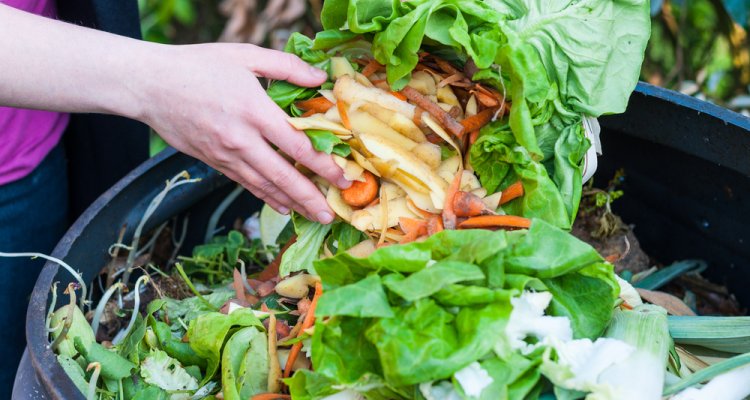
Project
Call for partners | From biowaste to volatile fatty acids to bioplastic monomers
Industry has a growing interest in producing biobased plastics from organic residues instead of edible raw materials. A well-known alternative is the production of fermentable sugars from lignocellulosic materials and subsequent use of the sugars to produce the plastic monomers. However, these production processes are complex and expensive because of unintentional formation of inhibitors. The proposed alternative studied in our proposal is producing volatile fatty acids (VFA) from organic waste and use these as fermentation substrate to produce various plastic monomers.
The production of fermentable sugars from lignocellulosic feedstocks not only is complex and expensive, the pretreatment required leads to the production of fermentation inhibitors and sometimes a high salt concentrations. The alternative is to use the VFA platform: the anaerobic fermentation of organic material into VFAs is a well-known and more natural process. Carbohydrates, proteins, fats, oil and many other compounds can be converted almost spontaneously into a mixture of volatile fatty acids. Processes have been developed that produce VFAs from source separated organics, vegetable/fruit waste, primary sludge and secondary sludge from wastewater treatment plants. At present, VFAs are used to produce, amongst others, caproic acid and bioplastic (PHA) in fermentation processes. Our project will focus on the biological production of plastic monomers, for instance succinic acid, butanediols and malonic acid.
Biochemical pathways to produce monomers from VFAs are described in literature and the project will aim to improve or develop the microbial overproduction of the monomers of interest, and to further advance the fermentation processes. In addition, processes to concentrate the VFA to sufficient levels will be optimized further, as well as the separation process of the intended product from the fermentation broth.
In addition, we are considering chemical conversion (after the initial fermentation step to VFAs), such as esterification of fatty acids, to produce esters that can be used a bioplastic monomers, as well as manipulation of the VFA composition to get more selective production of one of the VFA-components (e.g. butyrate) and couple that to an electrochemical process to furnish low-boiling alkanes, for instance.
Partners
We would like to collaborate with amongst others fermentation companies, chemical producers, bioplastic producers and companies that process organic residues. We have the intention to start a project on this subject, partially funded by TKI-AF, and ask parties to contribute with cash and in kind.